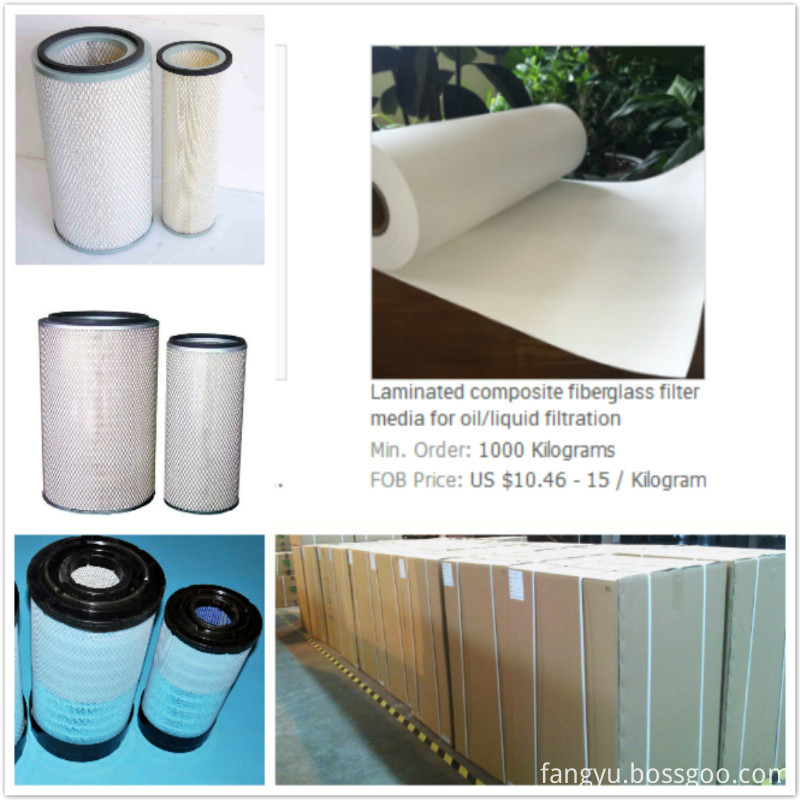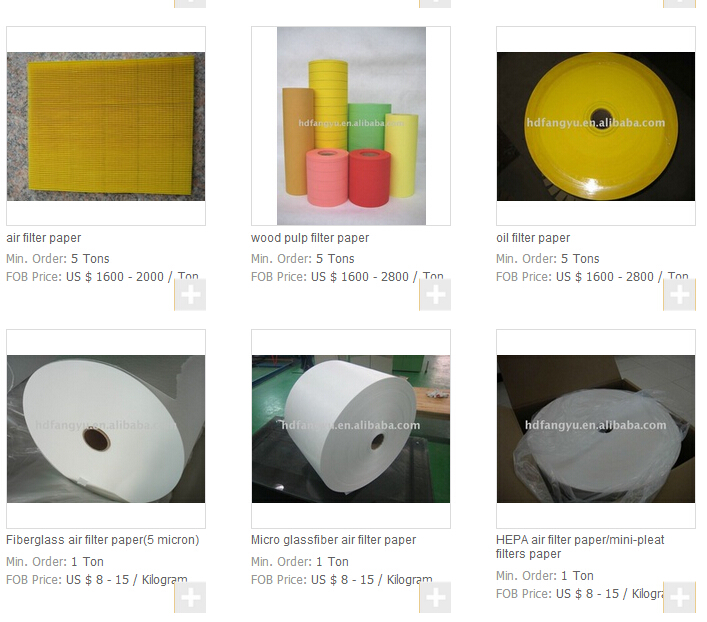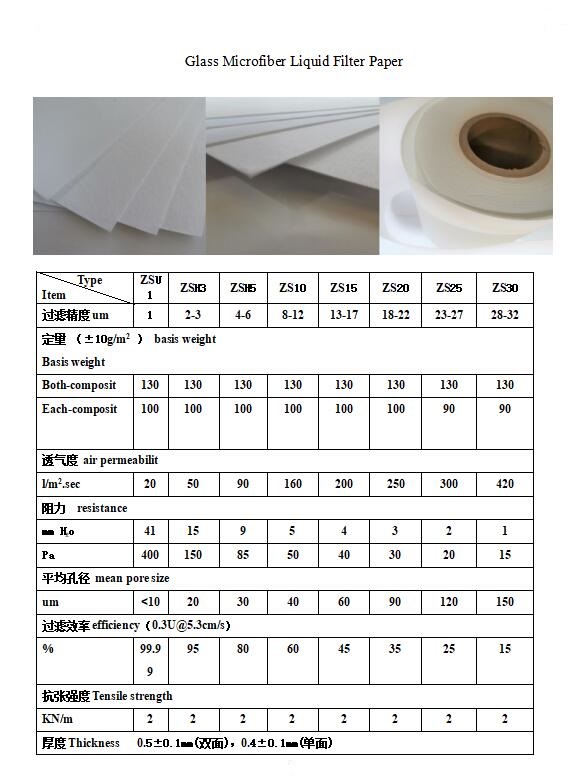Recently, reports on the “implementation of auto fuel tax†are flooded with various media and websites, and some even report the exact tax rate. While the reporter was excited about the imminent implementation of the fuel tax, there are some suspicions: Why did the Ministry of Finance and the State Administration of Taxation not express their opinions? After some investigations, the reporter found that the fuel tax is actually far from us. Competent authorities: The recent failure to establish new fuel tax policies to report fuel taxes through normal channels has been rejected. This result has been predicted by the reporter. If official information is easily available, it will not cause a climax for a report on fuel tax. In an individual's name, the reporter found an official of the Ministry of Finance's Tax Administration Department. The official who participated in the development of the plan refused to disclose the specific contents of the plan. However, he told reporters that the media’s fuel oil tax policy that was recently launched was not accurate. : "The fuel tax levy program was formulated long ago, but due to immature implementation conditions, it has been put on hold for a long time. If we say that the country will implement the fuel tax in the near future, the original plan should not be used directly. It needs to be readjusted according to the current conditions before it can be used.†He added that the fuel tax is formulated by the Ministry of Finance and the State Administration of Taxation. When submitting the proposal, it must also seek the opinions of the NDRC and other relevant departments. The reporter also found an official in the Regulation Department of the State Administration of Taxation to learn about the “latest spirit†of the introduction of the fuel tax policy. The official’s reply was even more direct: “You don’t want to believe those sayings.†In order to be prudent, the reporter once again asked Chen Bin, Deputy Director of the Development and Reform Commission’s Industry Department. Chen Bin said that he was not very clear about the specific promotion of the fuel tax policy, but he told reporters that if the fuel tax policy is to be issued and implemented, it should seek the views of the National Development and Reform Commission, but until now, the Development and Reform Commission has not received any fuel tax. Specific taxation plan. The media reports were not in line with Chen Qingtai’s statement. Most of the reports on the introduction of the fuel tax were related to Chen Qingtai, deputy director of the Development Research Center of the State Council. On November 22, Chen Qingtai attended the second China Automotive Industry Summit Forum organized by China Europe International Business School. During the forum, he answered the reporter’s question about the fuel tax. Afterwards, a large number of reports about "the introduction of fuel tax will come out". However, in the process of contacting Chen Qingtai, his secretary told the reporter that many media reports were inaccurate. “They took the words of Director Chen out of context and arbitrarily distort.†He also told reporters that Director Chen did not say “fuel tax is about to be implementedâ€. The reporter found the live broadcast of the forum on November 22 and found that Chen Qingtai’s reference at that time was not reported by the media. Chen Qingtai only said that "the plan for the fuel tax policy has already been discussed by the National People's Congress and agreed in principle." Moreover, regarding the tax rate, Chen Qingtai repeatedly emphasized that “this policy is not enough to curb over-consumption of fuel, but an extra tax is needed to increase the price of refined oil. Of course, this is socially sensitive, but I think It should be added. The addition process should be a gradual increase. For example, the final fuel tax is added to 30%, 50%, or even 100%.†After these words, Chen Qingtai added: “I think This may be necessary for China. Of course, this is my personal consideration.†When the fuel tax was introduced is still suspense fuel tax has been shouted for 10 years. In the "Highway Law" passed by the National People's Congress in 1997, it first proposed that the "road maintenance fee" should be changed to the "fuel surcharge" clause. It is planned to be implemented on January 1, 1998. The specific measures will be decided by the State Council. On October 31, 1999, the Twelfth Session of the Ninth National People's Congress finally passed Article 36 of the amendments to the “Highway Lawâ€: “The state adopts a method of taxation according to law to raise funds for highway maintenance. The specific methods and procedures are set by the State Council. Regulations.†Since 2001, every year in January, the Director General of the State Administration of Taxation has publicly stated that the introduction of the fuel tax is in place and that when the time is right, the fuel tax will be imposed. Why is the fuel tax "will not come out after all?" An economist told reporters that the main problem is the redistribution of interests. The fact that oil prices are too high is not the most important factor. If the rising oil prices are equal to road maintenance fees, tolls and bridge tolls, how can the owners object? The key issue is the distribution of interests in the taxation department and the road sector, the distribution of benefits between the central and local governments, the problems of farm vehicles, engineering vehicles, and the problems of military vehicles. However, the current energy issue and pollution problem have reached the point where it is urgent to introduce a fuel tax. Chen Qingtai said that he needed to introduce a fuel tax, and he hoped that the higher fuel tax rate would be due to: “In the absence of government policy guidance, China has the tendency to over-consume cars. The average size and weight of Chinese cars in big cities The displacement is not only much larger than when Volkswagen's consumption was started, but it is even higher than the average level of today's European cities.†Chen Qingtai therefore urged the country to collect fuel tax as soon as possible, and the tax rate can be higher to curb cars. The "over-consumption." When will the country plan to introduce a fuel tax? In January 2005, the Tax Administration will have an official statement. It is hoped that the country can have a clear statement, not just "choose the opportunity to introduce it," saving the public from guessing. (Reporter Yao Wei)
Composite Glass Fiber Paper: Glass Mircrofiber Liquid Filter Media
Composite glass fiber paper is made form superfine fiberglass as filtration layer, mainly used in hydraulic filter. It is laminated with synthetic fibers as protection layers on both sides or one side. It has advantage of high filtration effciency, high dust holding capacity, low pressure drop ,good mechanical strength, good pleating duiability and stable chemical properties.It is a new environmental friendly filter material.
Many different filtration materials and combinations of substrates can be used to create composites, with each layer providing different filtration properties and physical characteristics. our composites can be designed to meet a variety of needs, including:Low pressure,high dirt-holding capacity,Extended lifetime,Improved dimensional stability and strength,
Composite Glass Fiber Paper:Filter precision: 0.3um,Efficiency: 99.9999%,Usage: Oil Filter,Application: Widely used in filtering the solid impurities in oil and water, aerosol particles in air,
Aviation, Marines , Heavy-duty Machineries, Nuclear Power Stations, Etc.
Composite filter media applications :Cabin air combination filters,Industrial and medical respirators,Fuel and oil filtration systems,Coalescer filters,Process liquid filtration systems and so on.



Composite Glass Fiber Paper,Oil-Gas Separation Glass Fiber Filter Paper,Laminated Composite Fiberglass Filter Media,0.1Um Glass Microfiber Liquid Filter
Hebei Fangyu Trade Co., Ltd. , https://www.fangyu-filtermedia.com